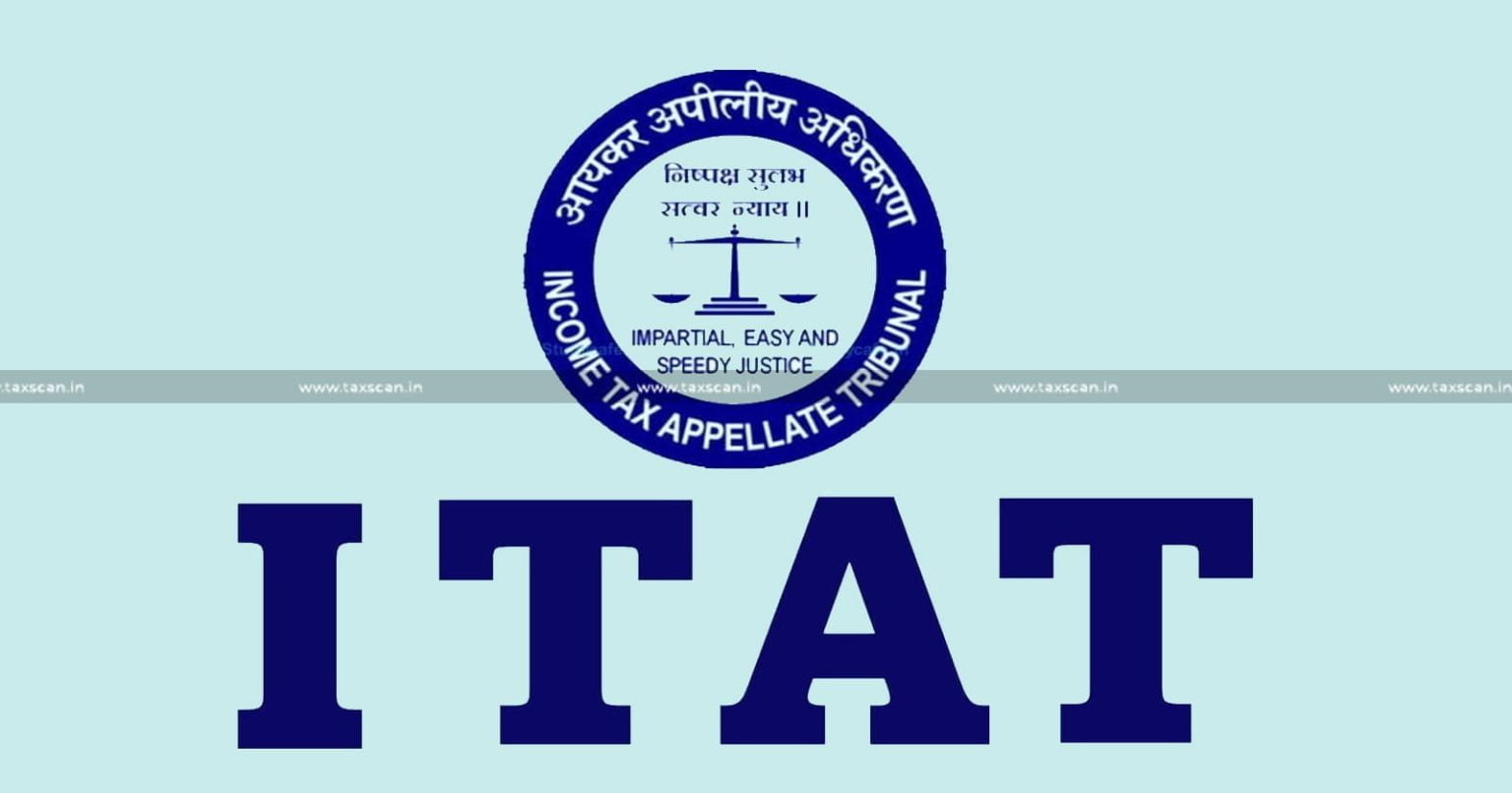Relief to Reliance Motors: ITAT holds Loan to Non-Shareholder Not a Deemed Dividend [Read Order]
The assessment of a loan received by a Non-Shareholder cannot be treated as a deemed dividend under Section 2(22)(e) of the Act
![Relief to Reliance Motors: ITAT holds Loan to Non-Shareholder Not a Deemed Dividend [Read Order] Relief to Reliance Motors: ITAT holds Loan to Non-Shareholder Not a Deemed Dividend [Read Order]](https://images.taxscan.in/h-upload/2025/06/20/2051072-reliance-motors-itat-non-shareholder-taxscan.webp)
The Chennai Bench of the Income Tax Appellate Tribunal (ITAT) recently upheld an order of the Commissioner of Income Tax Appeals ( CIT(A) ) where it was held that the taxability of a loan received by the assessee is not in his hand and cannot be treated as a deemed dividend under Section 2(22)(e) of the Income Tax Act, 1961.
The assessee is a dealer in cars and motorbikes. The assessee company filed its return of income on admitting a total loss of ₹3,35,02,070. During the assessment proceedings, the Assessing Officer (AO) noticed that the assessee received a loan of ₹2,24,00,000 from M/s. MCTM Corporation Ltd., a sister concern of the assessee company.
The AO held that the assessee failed to explain the genuineness of the shareholdings in the HUF names of Met Muthiah and Met Pathachi.
 Also Read:Shareholding Prerequisite for Deemed Dividend status for making Addition u/s 2(22) (e) of Income Tax Act: ITAT deletes Addition [Read Order]
Also Read:Shareholding Prerequisite for Deemed Dividend status for making Addition u/s 2(22) (e) of Income Tax Act: ITAT deletes Addition [Read Order]
The assessee contended that the shareholders who have 10% voting power in the MCTM Corporation Ltd. did not have 20% shareholding in the Reliance Motors Company and therefore, the provision of section 2(22)(e) shall not be applicable.
The AO held that the assessee failed to explain the genuineness of the shareholdings as the report of shareholders was a very old allotment. Hence, the loan taken from the MCTM Corporation Pvt. Ltd. by the assessee was treated as deemed dividend under section 2(22)(e) of the Act.
However, CIT(A) disagreed to the action of the AO, stating that even if it be accepted that the total shareholding of Met Muthiah and Met Pathachi individuals along with their share of the HUF holding was more than 20 percent in the appellant company, the deemed dividend could still not be taxed in the hands of the assessee company.
CIT(A) held that such a deemed dividend would be taxable only in the hands of the person having a substantial interest in the appellant company, specifically the entity that received the loan or advance. Therefore, the tax liability cannot be imposed on the assessee and the CIT(A) removed the addition of deemed dividend.
Relying on the ruling of the Delhi High Court in the case of CIT vs. Ankitech (P) Ltd., (2012), the bench concluded that any company that is supposed to distribute the profits in the form of dividends to its shareholders cannot be given to non-members. Hence, the assessment of this loan received by the assessee cannot be treated as deemed dividend under Section 2(22)(e) of the Income Tax Act.
The coordinate bench’s earlier ruling in the assessee’s case which itself followed the Supreme Court ruling in CIT vs. Madhur Housing & Development Company (2017) was binding and applicable.
The bench of Manu Kumar Giri (Judicial Member) and Manoj Kumar Aggarwal (Accountant Member) upheld the decision of CIT(A). It invoked Section 2(22)(e) of the Act and observed that “under no circumstances, the assessee could be treated as shareholder / member receiving dividend. In other words, the assessee not being a shareholder, cannot be visited with impugned addition”.
 Also Read:ITAT directs Re-adjudication in respect of additions made towards deemed dividend u/s 2(22)(e) Income Tax Act received from Shareholder Company [Read Order]
Also Read:ITAT directs Re-adjudication in respect of additions made towards deemed dividend u/s 2(22)(e) Income Tax Act received from Shareholder Company [Read Order]
Therefore, the loan received by the assessee from M/s. MCTM Corporation Pvt. Ltd. could not be treated as 'deemed dividend' under Section 2(22)(e) of the Income Tax Act, because the assessee itself was not a shareholder in the lending company.
Thus, the ITAT confirmed the decision of the CIT(A) and the corresponding grounds of appeal stood dismissed, partly allowing the appeal of the revenue.
M. Karthikeyan, IRS represented the appellant-revenue, while R. Vijayaraghavan and S. Nagarajan represented the assessee.
Support our journalism by subscribing to Taxscan premium. Follow us on Telegram for quick updates


